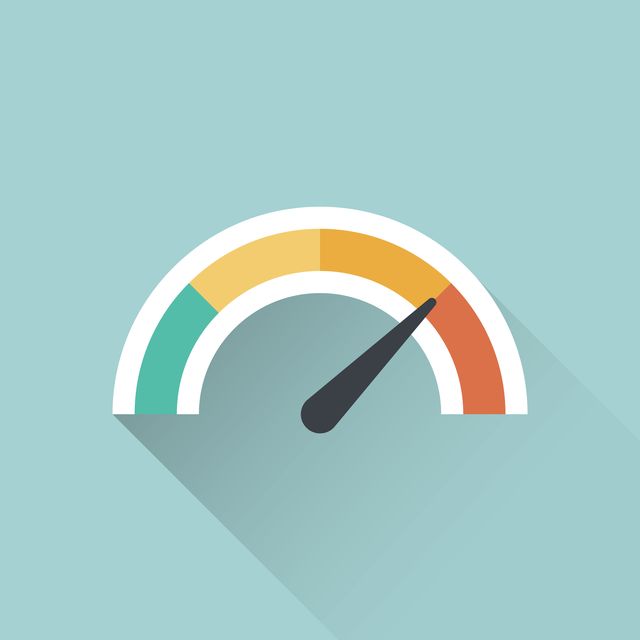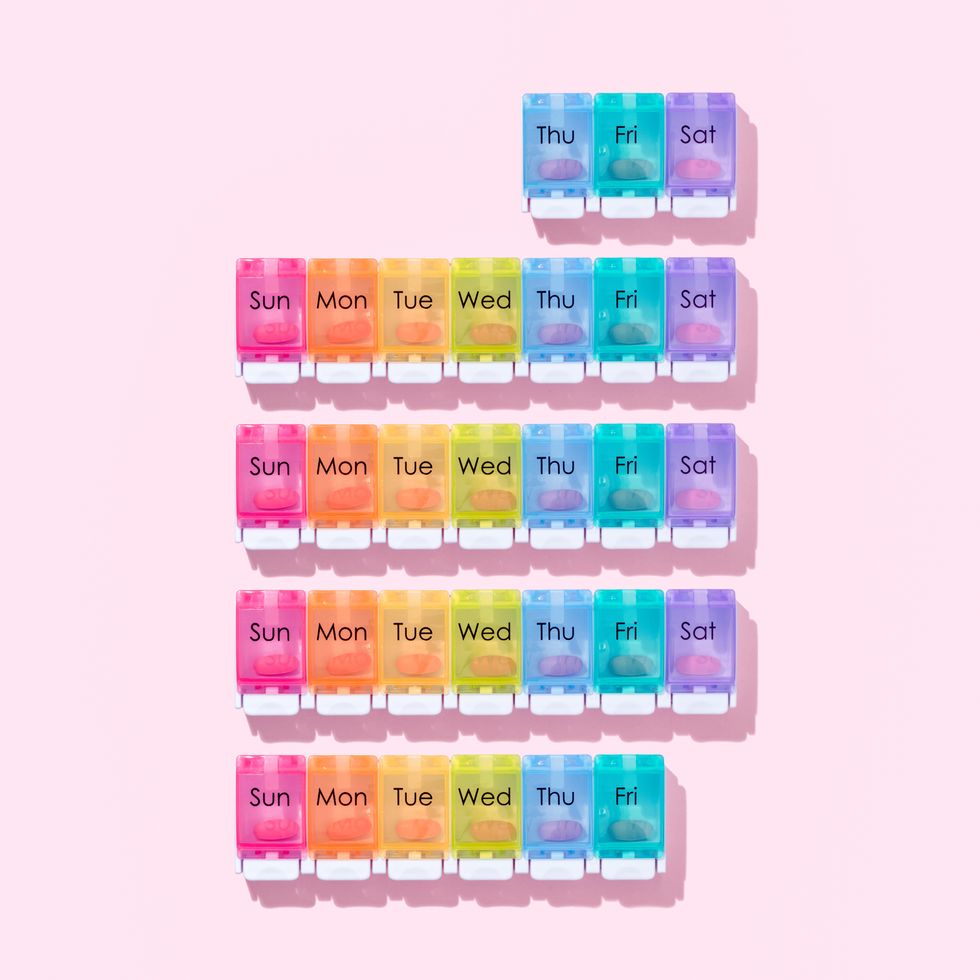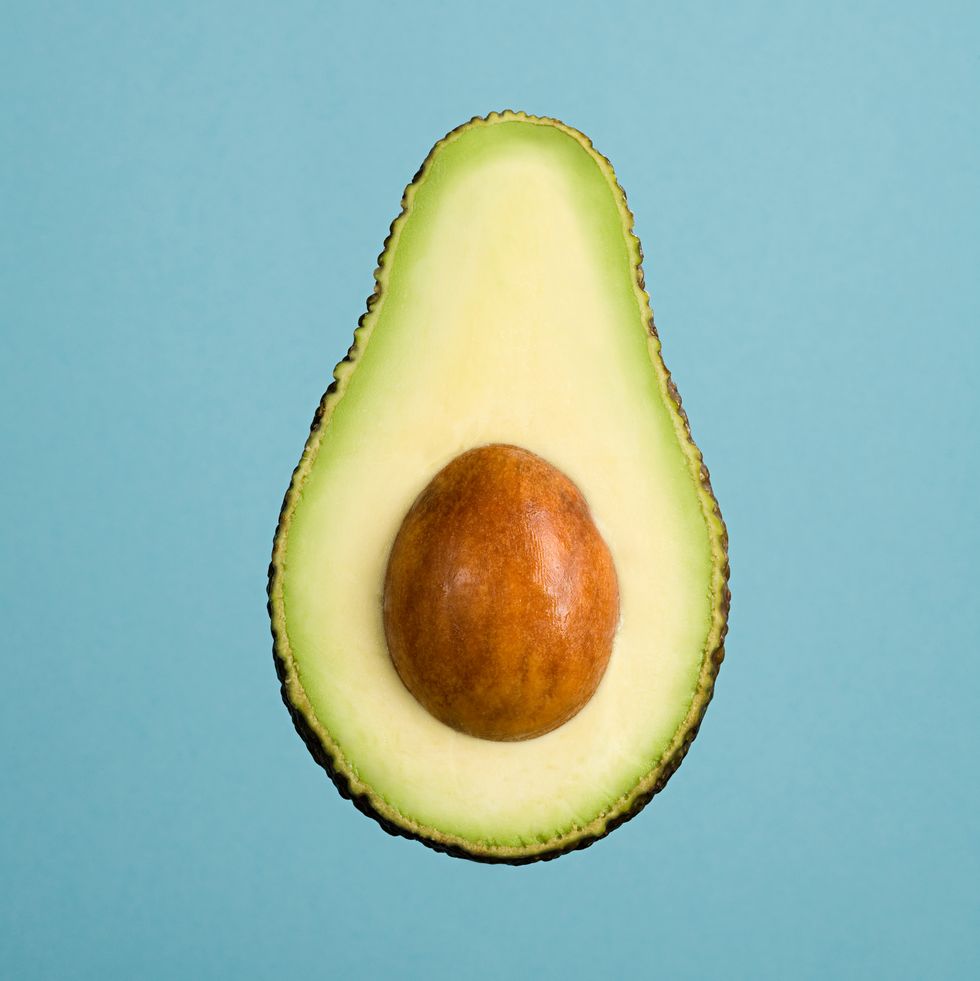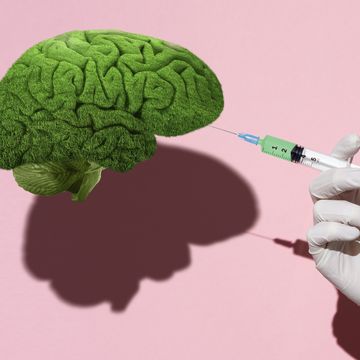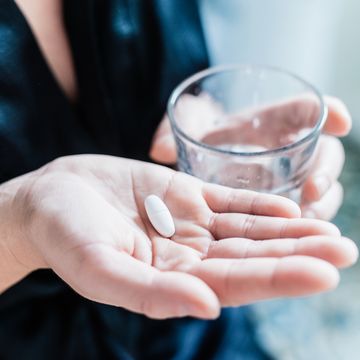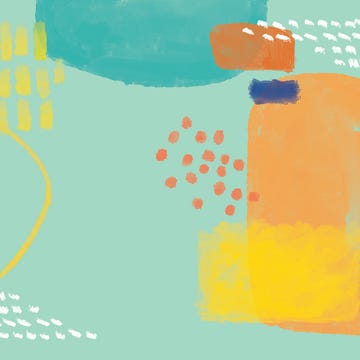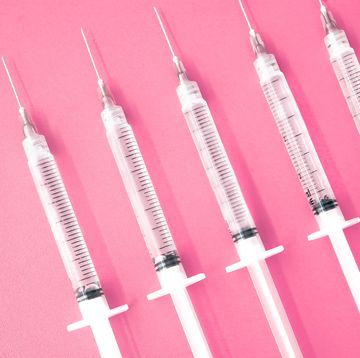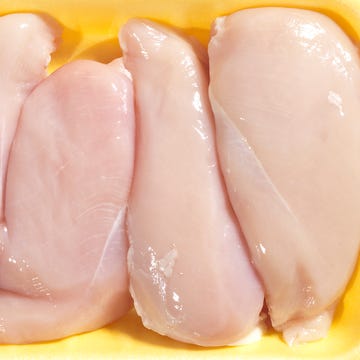Hey you! Yes, you. Are you doing enough to keep your cholesterol in check? Considering that nearly half of U.S. adults who could benefit from taking cholesterol-lowering medications aren’t using them, there’s a good chance the answer is no.
Cholesterol is that waxy, fat-like substance your body uses for key functions like digestion and hormone production. Your liver makes all the cholesterol you need, but your body can take in extra from dietary sources, such as animal-based foods. If too much of the stuff starts to build up in your arteries, it creates plaque that can cause blockages and increase the odds for heart attack and stroke, according to the National Institutes of Health (NIH).
Ideally, your total cholesterol should land around 150 milligrams per deciliter (mg/dL), with your LDL (“bad”) cholesterol coming in around 100 mg/dL, and your HDL (“good”) cholesterol around 40 mg/dL for men and 50 mg/dL for women. Higher levels—between 200 and 239 mg/dL—are considered borderline, while those greater than 240 mg/dL are considered high. The good news: Getting your cholesterol down is simple when you know the facts.
Use the quiz below to test your knowledge on what it really takes to keep cholesterol in check, and to discover the best strategies to protect your heart.
The answer: false.
Though the risk for high cholesterol increases with age, it should be on your radar regardless of when you were born. “Age alone doesn’t determine whether you have high cholesterol,” says New York-based cardiologist Suzanne Steinbaum, M.D. “It’s often elevated for other reasons, like genetics and diet.”
Because high cholesterol itself rarely causes symptoms, the only way to know where you stand is by getting screened regularly. Healthy people should get a blood-cholesterol test at least every five years starting at age 20, and every one to two years between the ages of 45 and 65, says the National Heart, Lung, and Blood Institute (NHLBI). If you have a personal or family history of high cholesterol or heart disease, your doc might recommend getting screened more often.
The answer: false.
Whether you take cholesterol-lowering meds or not, experts agree that diet and exercise are key for keeping your numbers in check. “Both help keep the linings of our arteries healthy and reduce the deposit of cholesterol into the arteries,” explains Tulika Jain, M.D., FACC, a cardiologist at Texas Health Presbyterian Hospital Dallas and Texas Health Physicians Group.
That’s not all. Dropping just 3 to 5 percent of your body weight could be enough to bring down LDL cholesterol and raise HDL cholesterol, according to the NHLBI. The best way to make that happen is by watching what you eat and moving more.
The American Heart Association recommends limiting your intake of saturated and trans fats (found in things like fatty meats, baked goods, and fried foods) and getting at least 150 minutes of moderate activity (think a brisk walk) or 75 minutes of vigorous activity like jogging or biking every week.
The answer: true.
Even if you exercise and eat healthier, you might still need medications like statins to get your cholesterol to a healthy level—especially if your LDL cholesterol is more than 190 mg/dL or if you have other heart-disease risk factors, like diabetes or high blood pressure, says the American Heart Association.
Particularly if you have a genetic predisposition to high cholesterol, reaching a healthy level might be almost impossible on your own, no matter how hard you try, Dr. Steinbaum says.
The answer: false.
Because high cholesterol is basically too much fatty buildup in your arteries, it might seem like avoiding fat as much as possible is the smart move to bring your numbers down. Not so, says Dr. Steinbaum: “It’s not about a fat-free diet; it’s more about eating the right fats.”
Both saturated fats (found in foods like meat, full-fat dairy, and baked goods) and trans fats or hydrogenated oils (found in some margarine, processed foods, and fried foods) are known to drive up LDL cholesterol. Limit saturated fats to no more than 7 percent of your total calories, and avoid trans fats as much as possible, the NIH recommends.
Trading saturated fats for heart-healthy monounsaturated and polyunsaturated ones—found in nuts, olive oil, avocado, and fatty fish—may actually do your heart good, evidence shows. Specifically, eating nuts like almonds can help lower LDL cholesterol, a scientific review found. And having a few servings of fatty fish like salmon each week can fight inflammation and reduce your heart-attack risk.
Even with healthy fats, though, the key is moderation. Keep your total fat intake to no more than 25 to 35 percent of your calories for the day, says NIH. So if you consume about 2,000 calories a day, no more than 700 calories should come from fat. (FYI, that’s a max of 78 grams of fat.)
The answer: true.
Research shows that chronic stress can ratchet up LDL cholesterol and triglycerides (a cholesterol-like fat that also raises heart-disease risk) and bring down HDL cholesterol. While experts are still learning about the connection, it’s thought that stress hormones like cortisol seem to cue the liver to produce more LDL cholesterol, Dr. Jain explains.
This is why stress management is an essential part of cholesterol management, the NHLBI says. One particularly effective option for taming tension? Walking near water. According to research, walking or hiking for 20 to 30 minutes close to a body of water such as a lake, ocean, or river decreased cortisol levels and improved overall well-being.
The answer: false.
High cholesterol isn’t a fix-it-and-forget-it condition. “Managing cholesterol is always a lifelong issue,” Dr. Steinbaum says. “It’s essential to continue regular exercise and maintain a heart-healthy diet.” That’s especially true for women, because aging and menopause can both cause your levels to creep higher over time.
That said, just because your doc prescribed a cholesterol-lowering med like a statin doesn’t necessarily mean you’re on it for life. “If you’re taking medication for primary prevention—meaning you haven’t had a heart attack or a stroke—you may be able to stop,” says Dr. Steinbaum. But you should only do so after weighing the pros and cons with your doctor, and getting specific instructions on how to wean yourself off the drug safely, she says.

